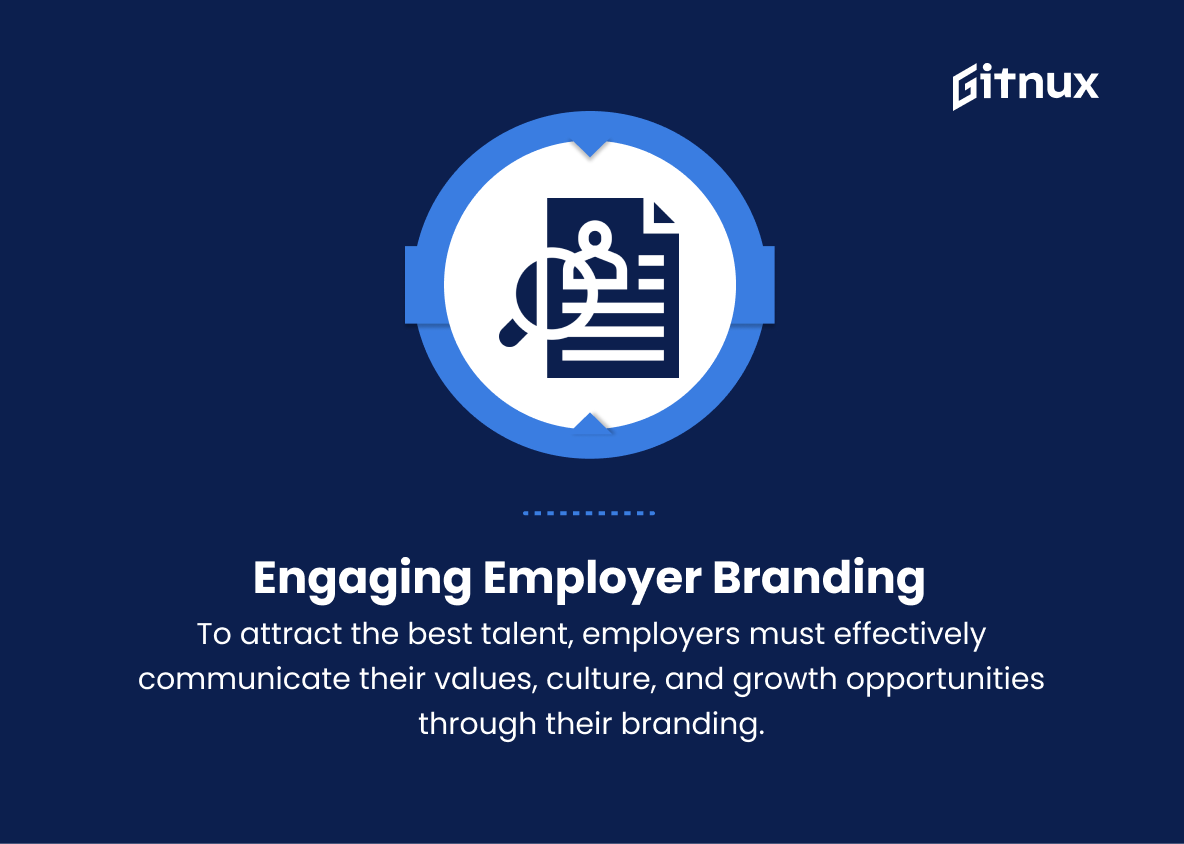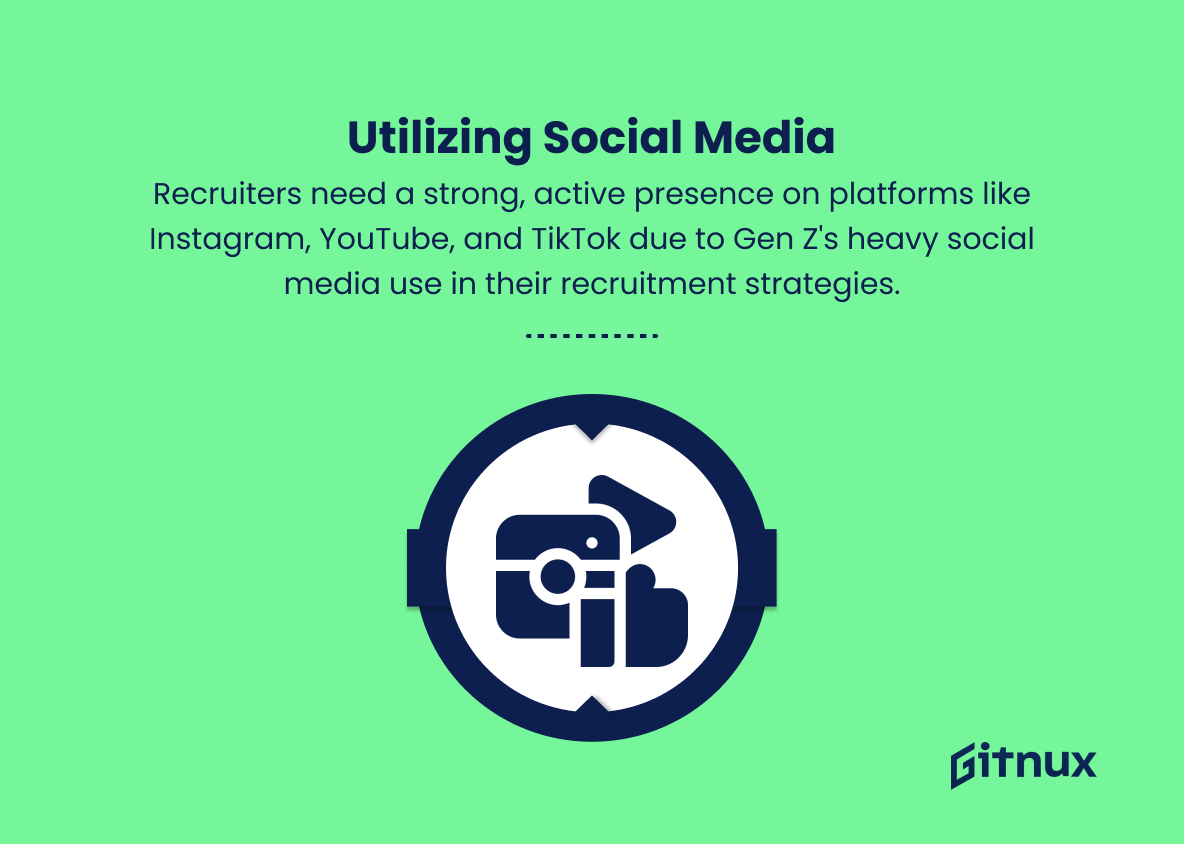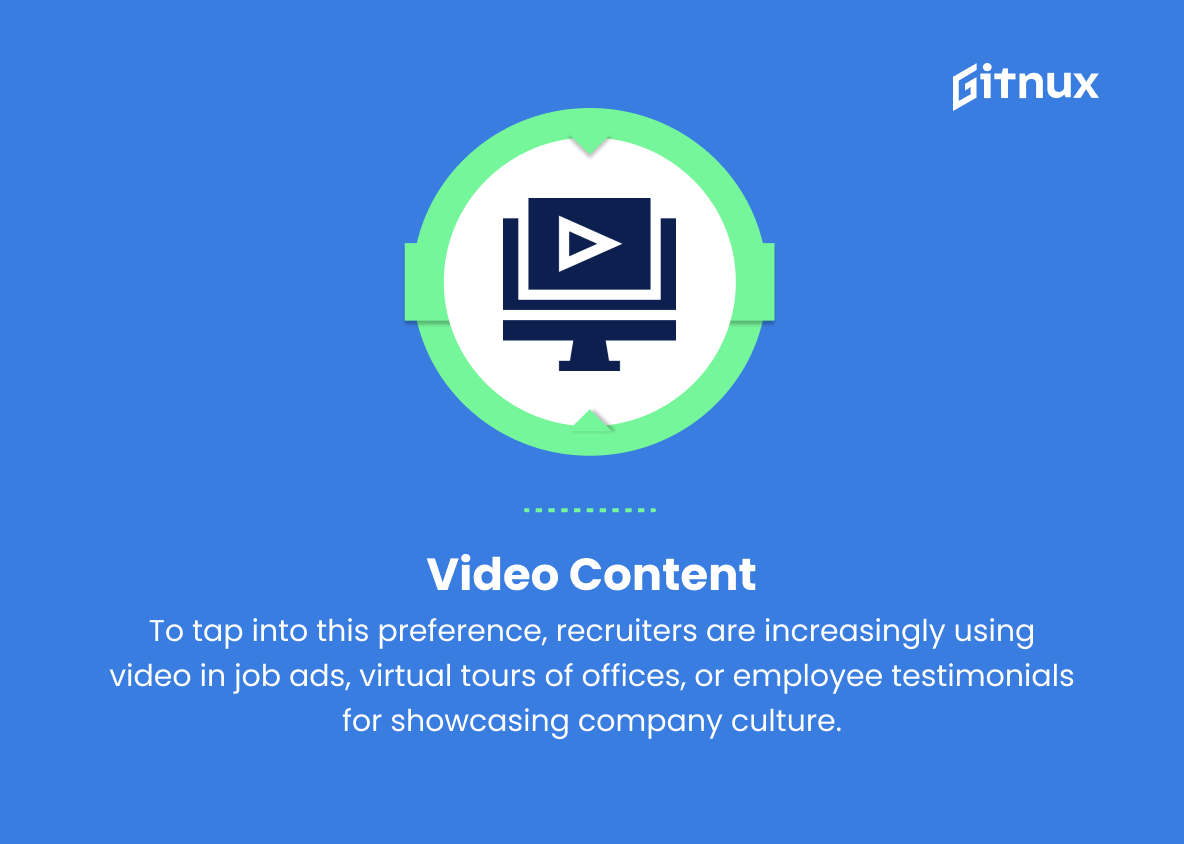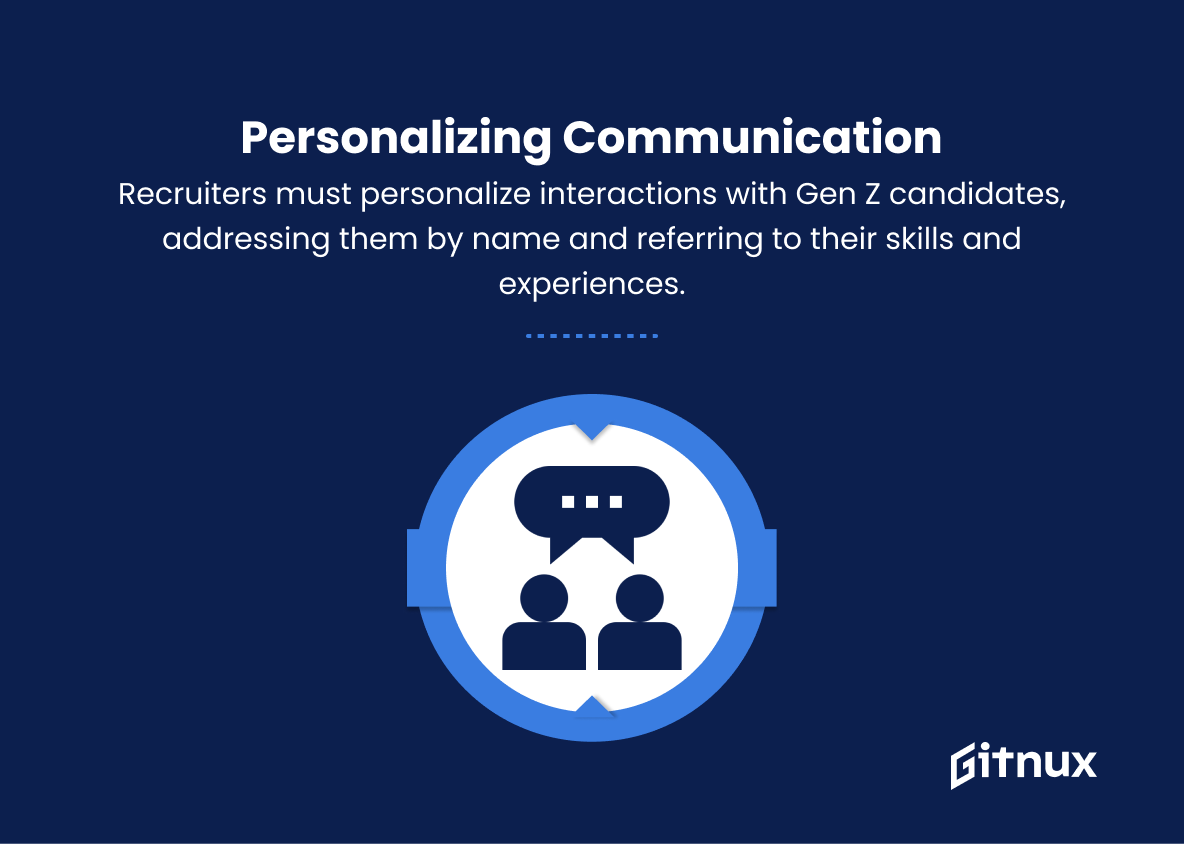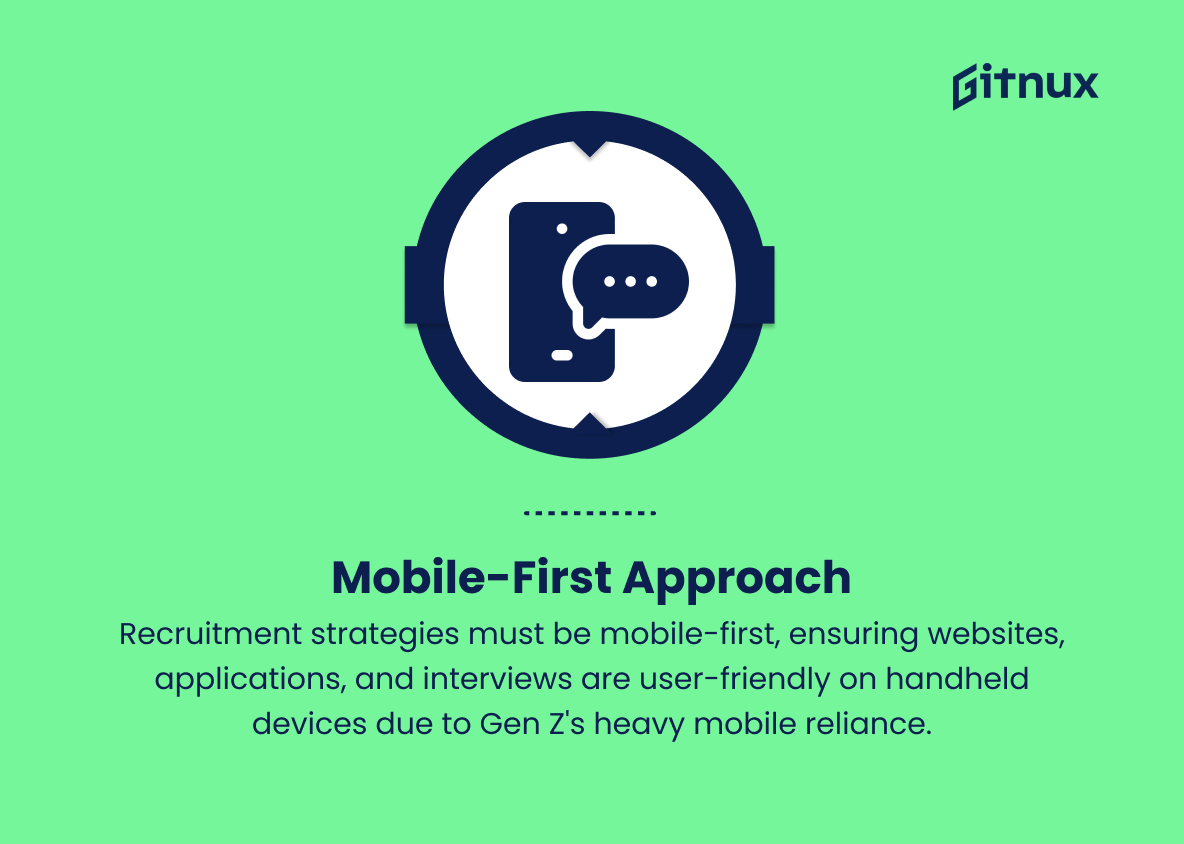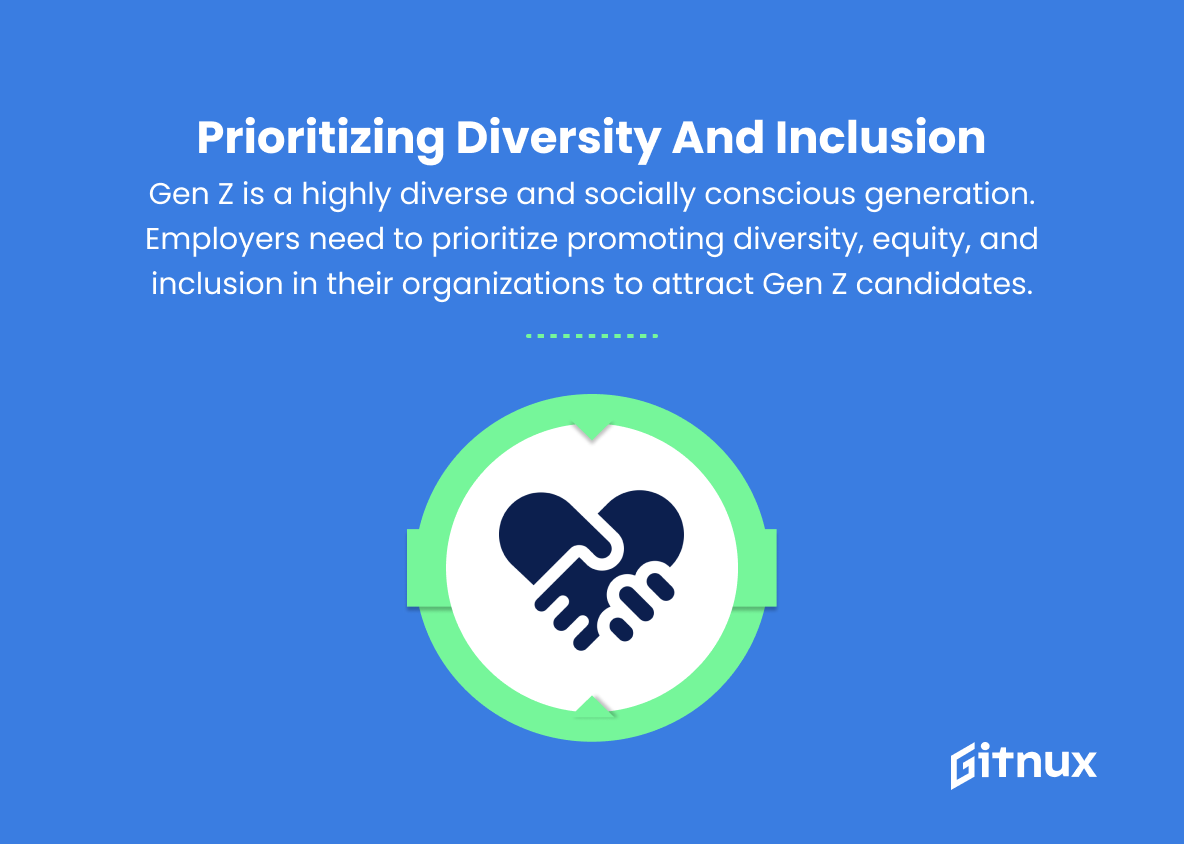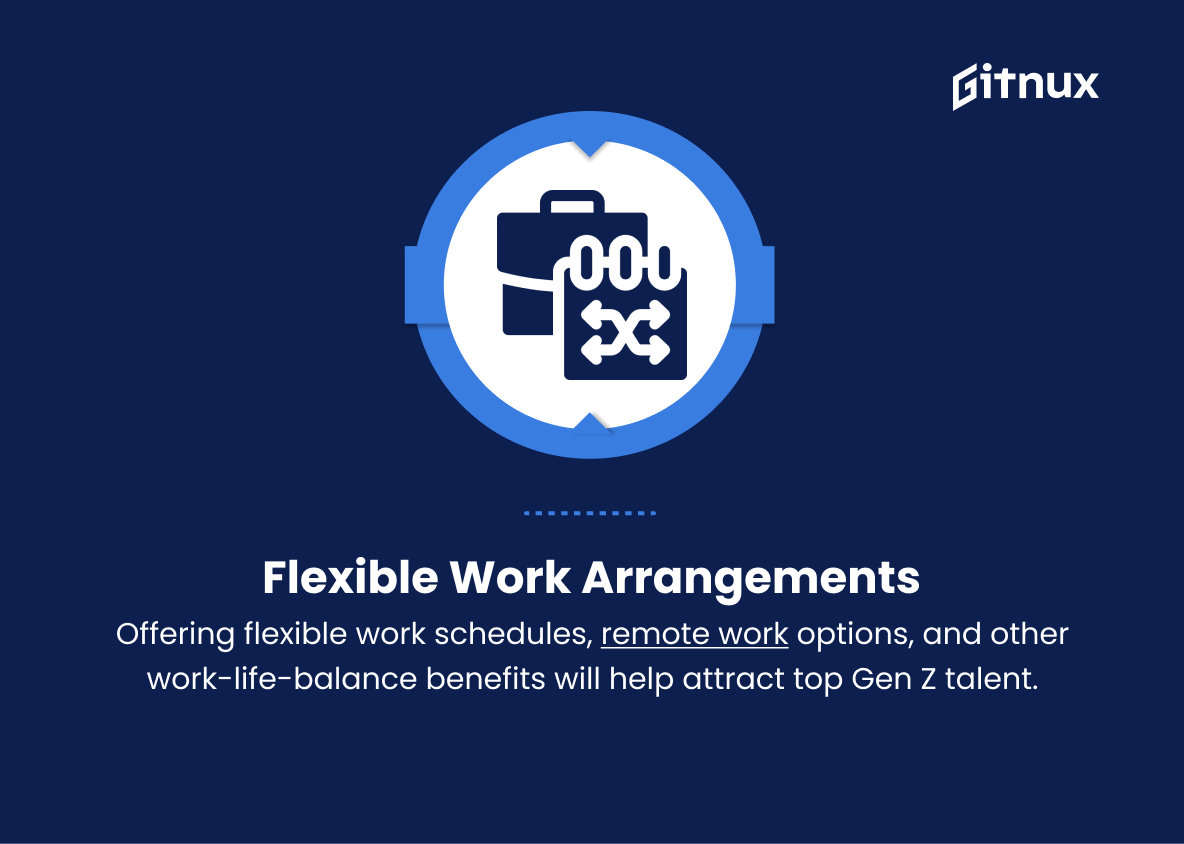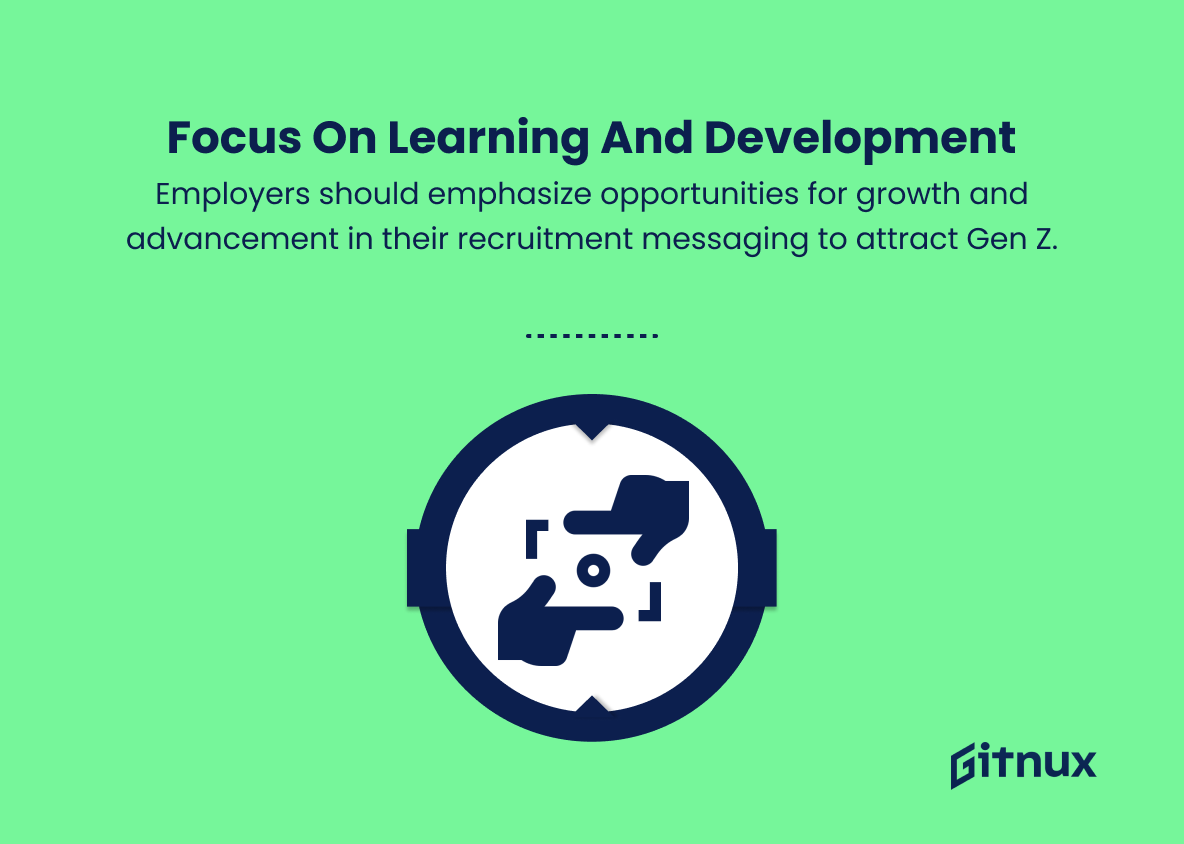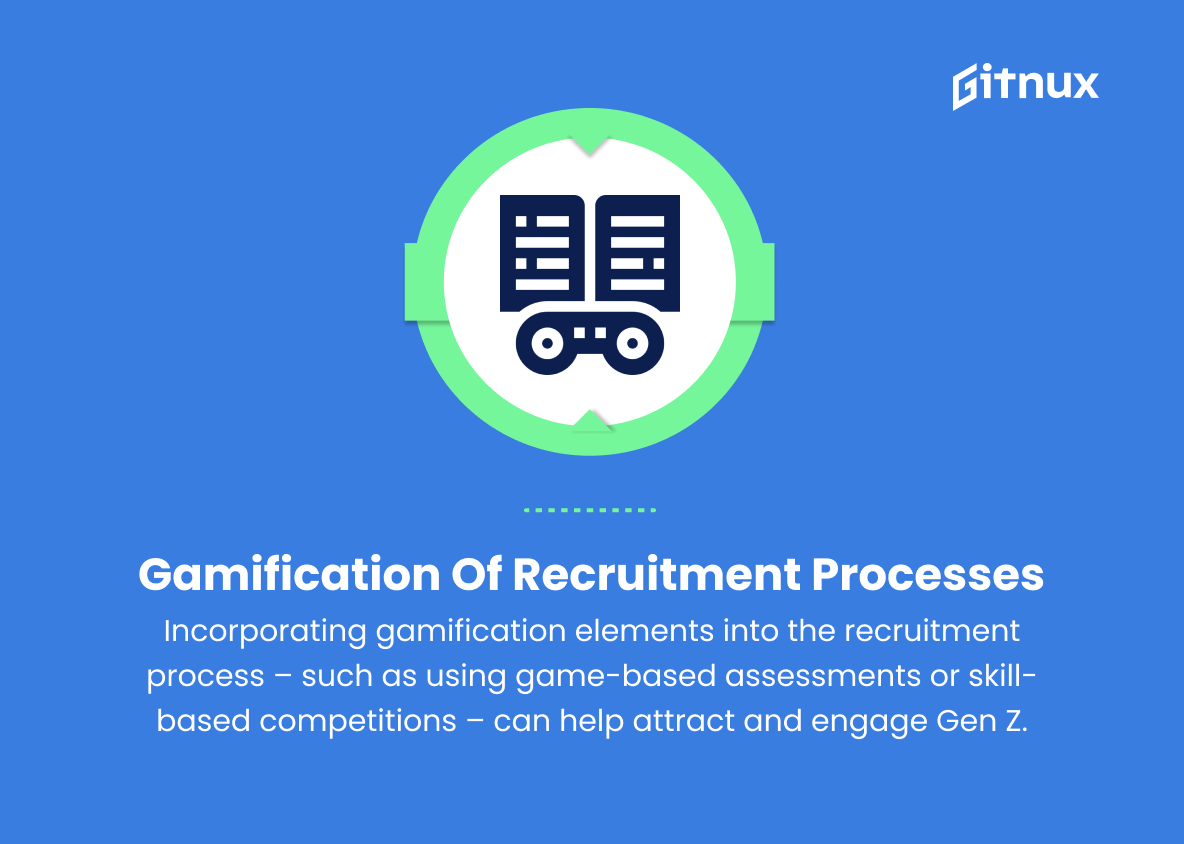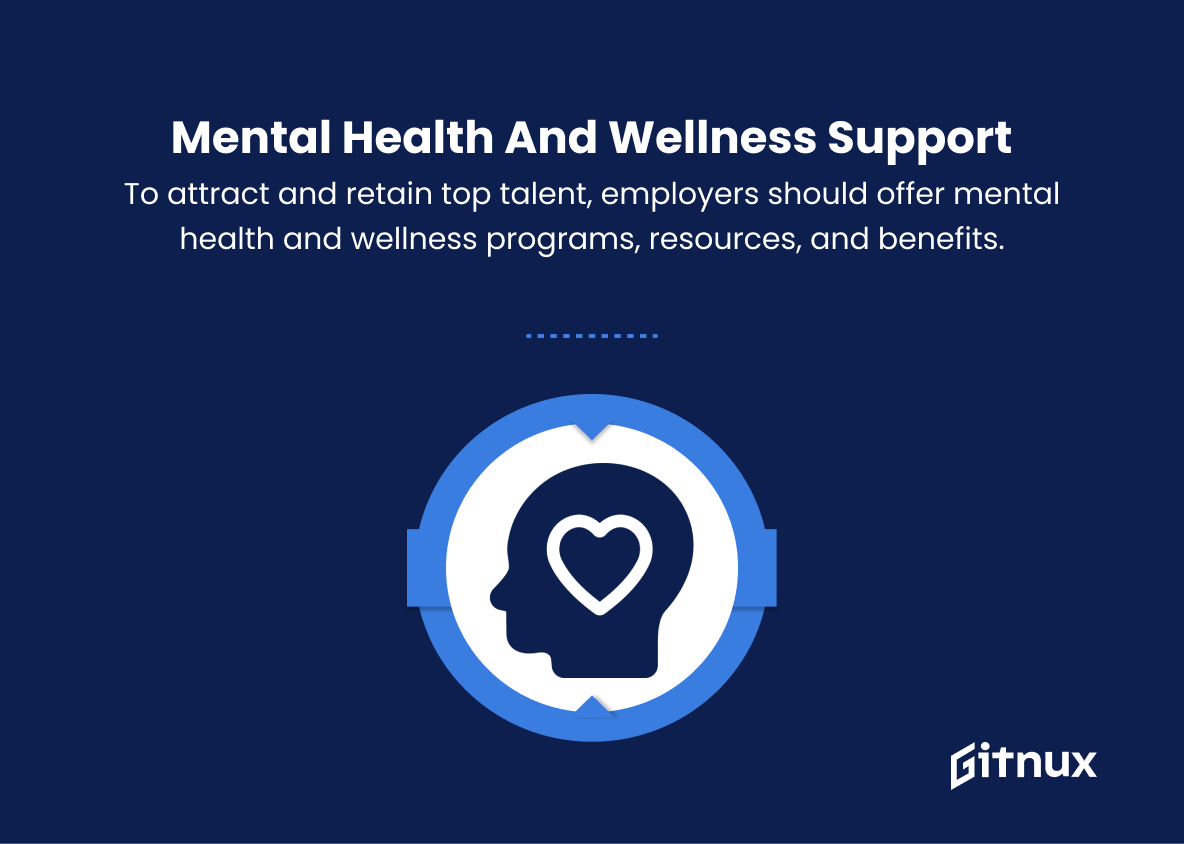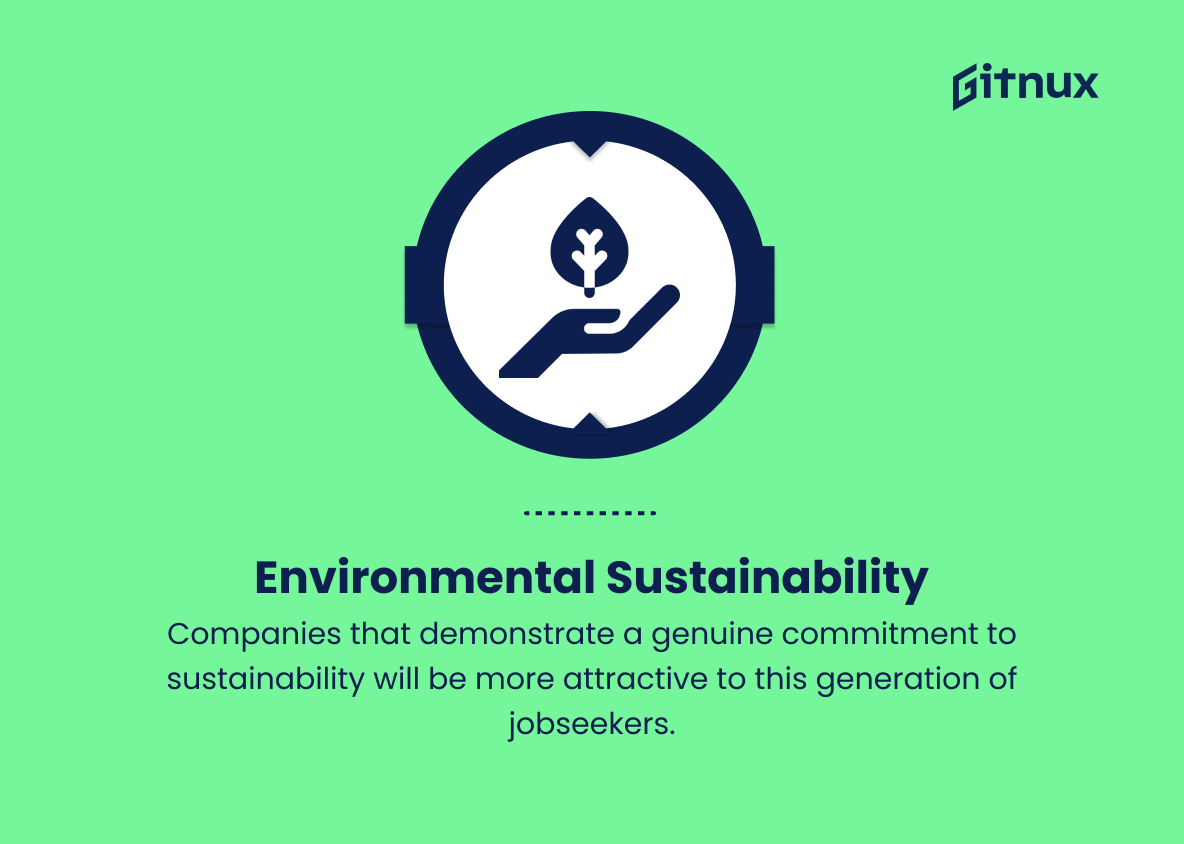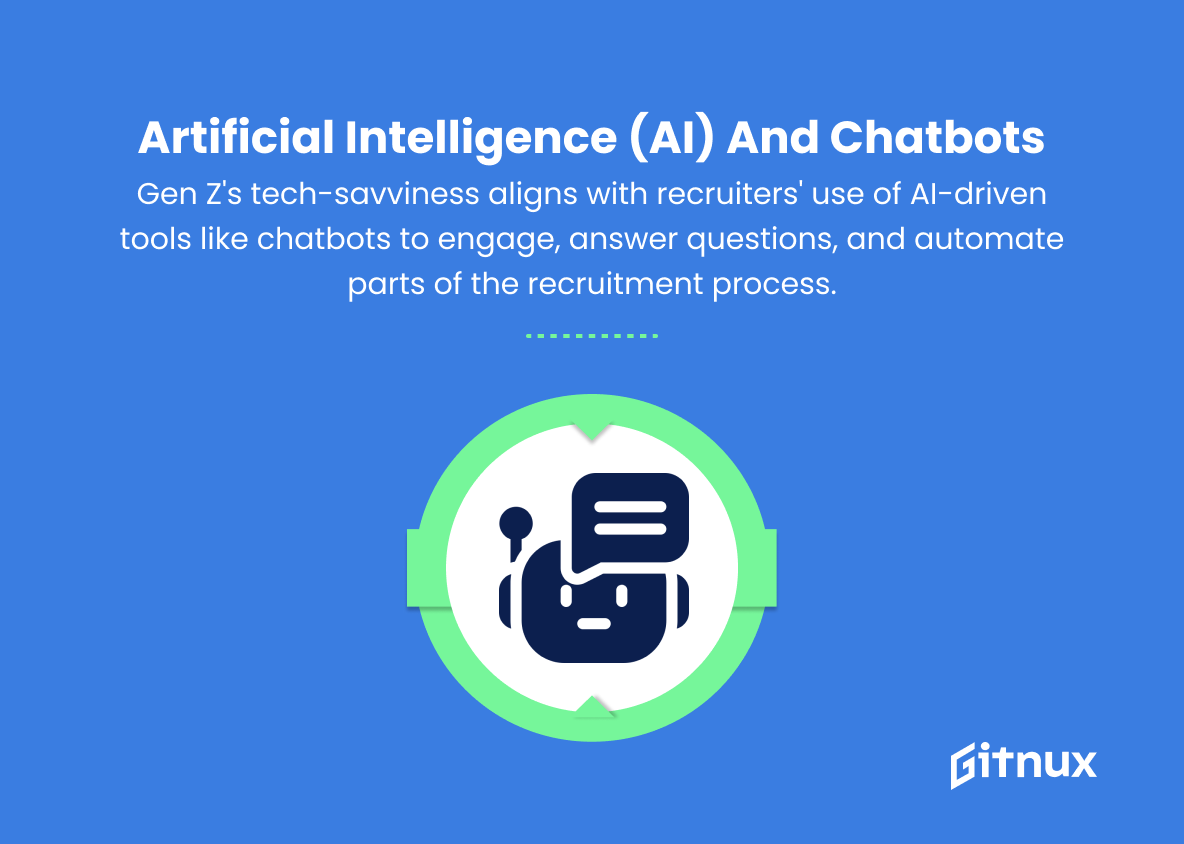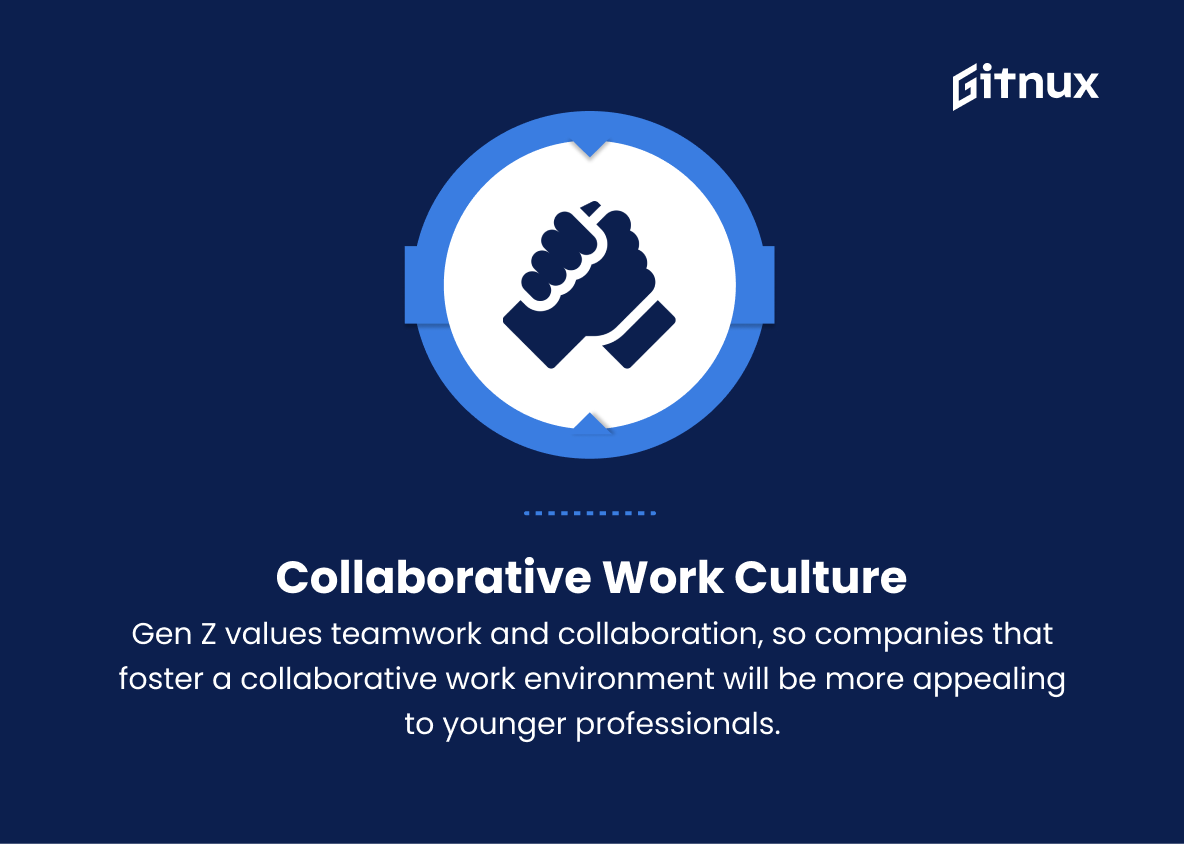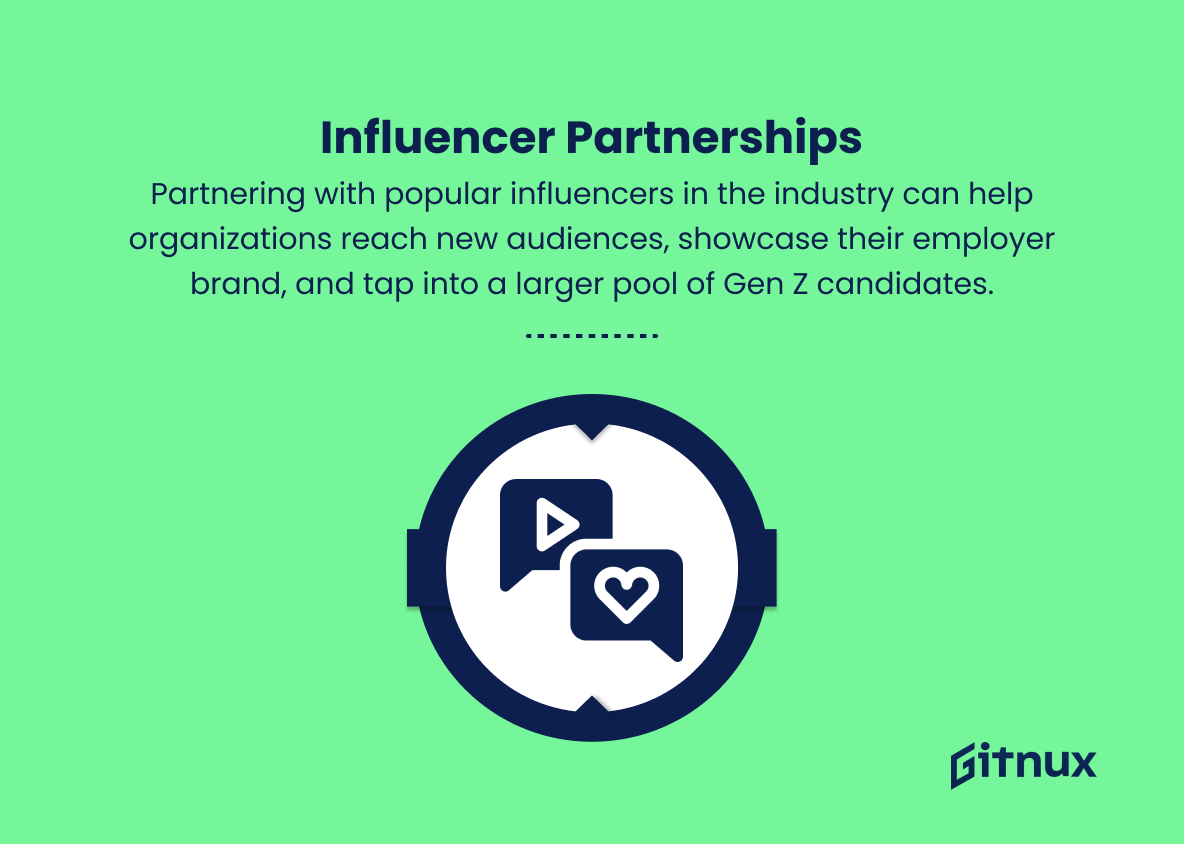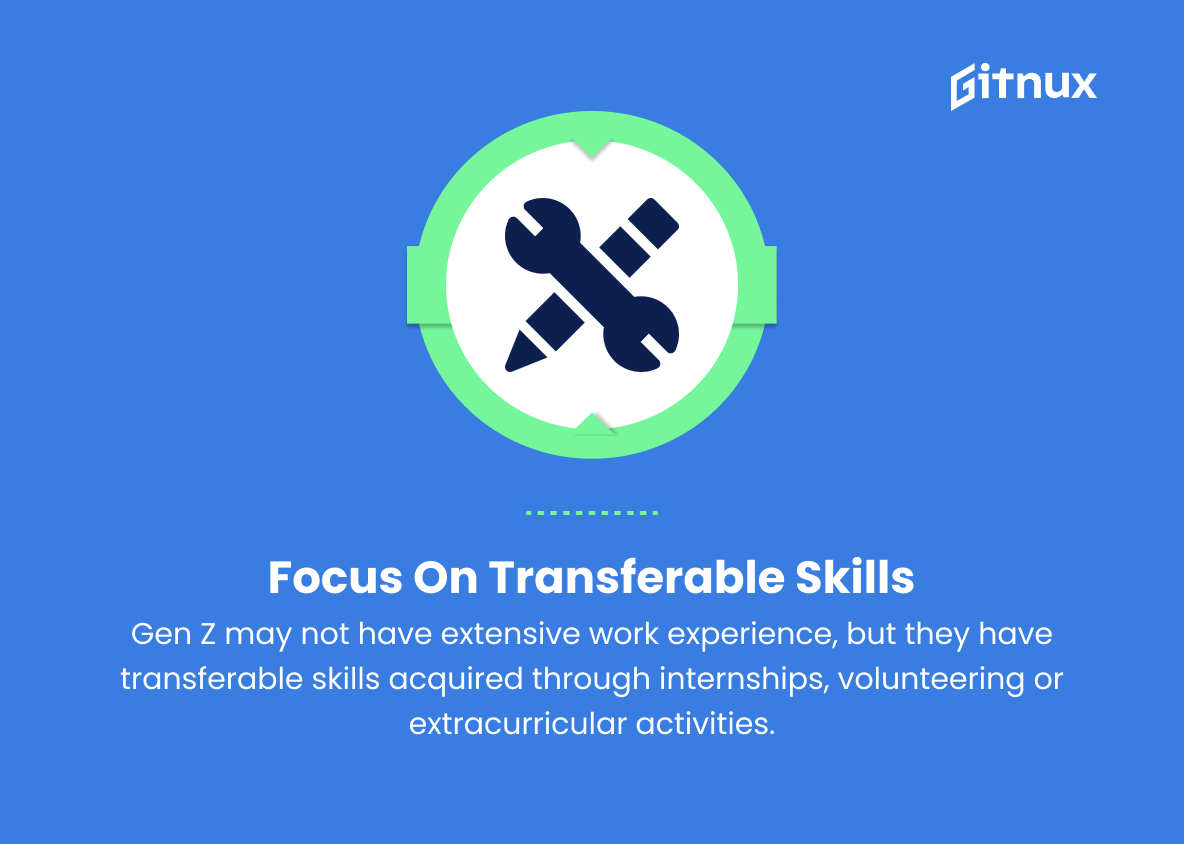In today’s ever-evolving job market, attracting and retaining the brightest and most innovative minds is of utmost importance for businesses to achieve long-term success. Understanding the preferences, motivations, and aspirations of the upcoming generation is key to building a strong talent pipeline. As Generation Z (those born between 1997 and 2012) enters the workforce, it becomes crucial for organizations to adapt their recruiting strategies and understand the unique qualities that set this generation apart from their predecessors.
In this blog post, we explore the newest Gen Z recruitment trends. We discuss the factors that motivate Gen Z candidates, the channels they prefer for engagement, and how organizations can position themselves as top employers for this dynamic and diverse group. Our aim is to provide insights into how to effectively recruit Gen Z.
Top Gen Z Recruiting Trends
1. Engaging employer branding
Gen Z values companies with a strong, clear brand presence and mission. To attract the best talent, employers must effectively communicate their values, culture, and growth opportunities through their branding.
2. Utilizing social media
Gen Z spends a significant amount of time on social media platforms, which makes it essential for recruiters to have an active, engaging presence across multiple channels like Instagram, YouTube, and TikTok as part of their recruitment strategies.
3. Video content
Gen Z consumes more video content than any other generation. To tap into this preference, recruiters are increasingly using video in job ads, virtual tours of offices, or employee testimonials for showcasing company culture.
4. Personalizing communication
Gen Z expects personalized interactions; thus, recruiters must engage these candidates with individualized outreach strategies like addressing candidates by their name or referring to their specific skills and experiences.
5. Mobile-first approach
Since Gen Z is heavily reliant on mobile devices, recruitment strategies need to incorporate a mobile-first approach, with websites, job applications, and interviews being made accessible and user-friendly on handheld devices.
6. Prioritizing diversity and inclusion
Gen Z is a highly diverse and socially conscious generation. Employers need to prioritize promoting diversity, equity, and inclusion in their organizations to attract Gen Z candidates.
7. Flexible work arrangements
Gen Z values work-life balance and flexibility in the workplace. Offering flexible work schedules, remote work options, and other work-life-balance benefits will help attract top Gen Z talent.
8. Focus on learning and development
Gen Z is keen on continuous learning and professional development. Employers should emphasize opportunities for growth and advancement in their recruitment messaging to attract Gen Z.
9. Gamification of recruitment processes
Gen Z is drawn to interactive and engaging experiences. Incorporating gamification elements into the recruitment process – such as using game-based assessments or skill-based competitions – can help attract and engage Gen Z candidates.
10. Mental health and wellness support
Gen Z is increasingly concerned about mental health and wellness. To attract and retain top talent, employers should offer mental health and wellness programs, resources, and benefits.
11. Environmental sustainability
Gen Z is passionate about environmental sustainability and climate change. Companies that demonstrate a genuine commitment to sustainability will be more attractive to this generation of jobseekers.
12. The use of artificial intelligence (AI) and chatbots
Gen Z is comfortable with technology, and recruiters are increasingly using AI-driven tools like chatbots to engage with candidates, answer questions, and automate parts of the recruitment process.
13. Collaborative work culture
Gen Z values teamwork and collaboration, so companies that foster a collaborative work environment will be more appealing to younger professionals.
14. Influencer partnerships
Partnering with popular influencers in the industry can help organizations reach new audiences, showcase their employer brand, and tap into a larger pool of Gen Z candidates.
15. Focus on transferable skills
Gen Z may not have extensive work experience, but they have transferable skills acquired through internships, volunteering or extracurricular activities. Recruiters must focus on these skills rather than just job experience.
Implications
As Gen Z enters the workforce, it is crucial for recruiters to adapt their strategies to accommodate this generation’s unique values and preferences. To do so, engaging employer branding that highlights a company’s values, culture, and growth opportunities will be essential for attracting top talent.
Additionally, a strong social media presence and the incorporation of video content allows recruiters to better connect with Gen Z candidates, who are heavily reliant on mobile devices and consume more video content than any other generation. Personalized communication will be key in engaging candidates, as will be prioritizing diversity, flexibility, and learning and development opportunities. The incorporation of interactive elements like gamification and the use of AI-driven tools can help to further engage and connect with Gen Z candidates, as well as support their mental health and wellness needs.
Moreover, a demonstrated commitment to environmental sustainability, collaborative work culture, and the ability to work with influencers will make a company more appealing to Gen Z jobseekers.
Finally, focusing on transferable skills over job experience is critical when reaching out to this generation with limited work experience but plenty of valuable, transferable skills. By adapting to these recruiting trends, employers are better positioned to attract and retain the best Gen Z talent.
Conclusion
In summary, the Gen Z recruiting trends indicate a significant shift in both the expectations and methods used to attract the newest generation of job-seekers. Employers must be prepared to adapt and implement strategies that appeal to Gen Z’s need for flexibility, inclusivity, and technology-driven experiences. By integrating a strong digital presence, focusing on upskilling and development opportunities, and championing authentic employer branding, organizations have the potential to create a workforce that is not only more diverse, but also more engaged and committed.
Ultimately, understanding and catering to the distinct attributes of Gen Z will prove vital to building a thriving, future-proof workforce that benefits both employees and companies alike.
